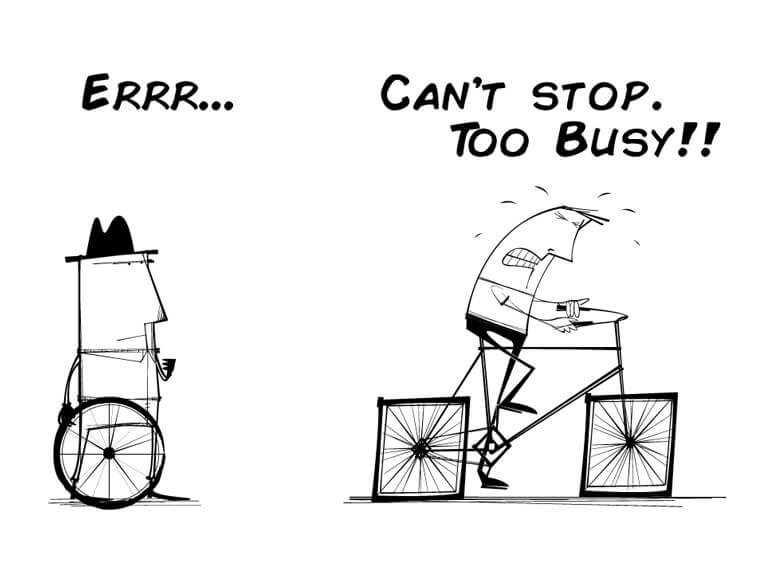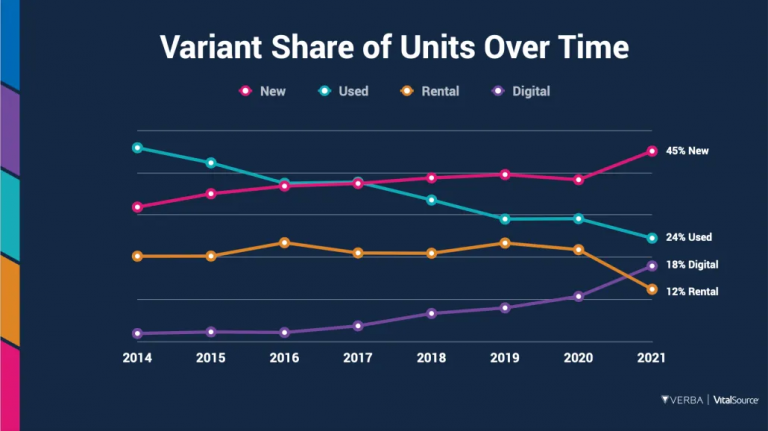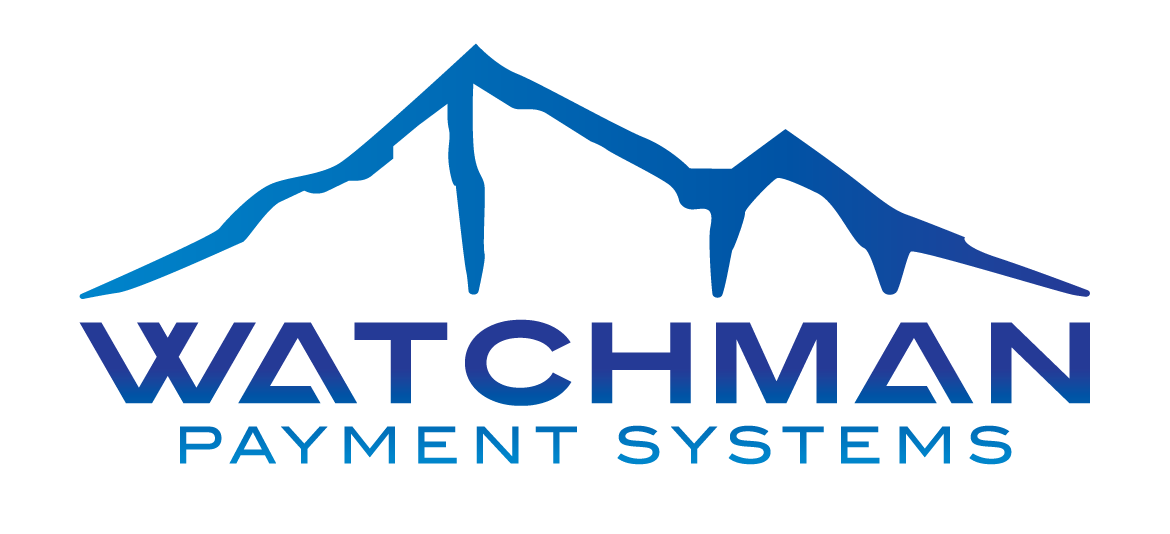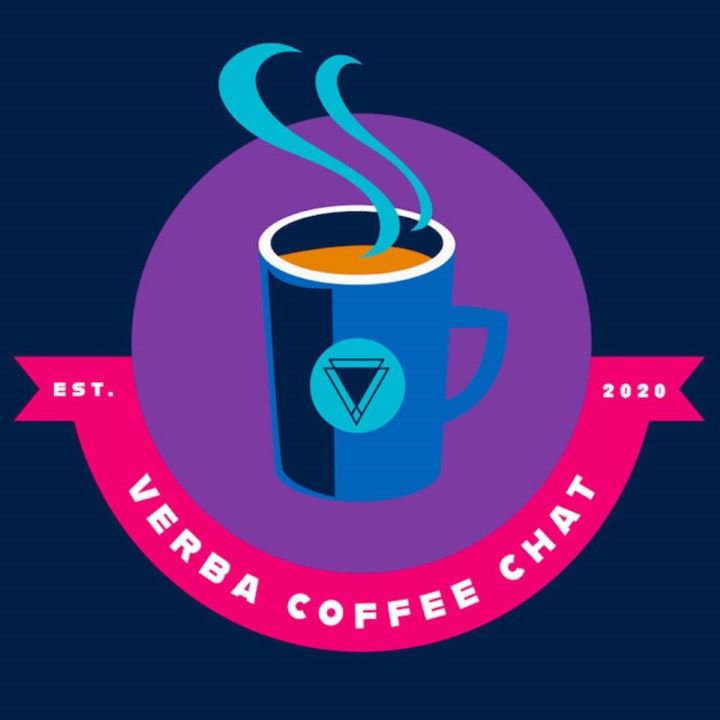
Friction Makes Campus Staff Even Busier (Friction Series Part Four)
June 2, 2021
Manual Processes can cause friction for time-saving programs
June 15, 2021This is part five of our “Friction” series. See Parts One , Two, Three and Four .
Why has Inclusive Access grown so fast? The answer is straight-forward: students benefit from lower prices and technology that makes accessing content easy and instantaneous.
The results are clear. Since 2014, the share of Digital materials has grown from a couple of percentage points of Course Materials to nearly 20%, and the growth is accelerating. Inclusive Access programs have become commonplace and traditional programs have lagged. Digital, Inclusive Access and Equitable Access programs have gone from experiments to mainstream.

Making IA and IA Billing work
To connect students to their materials, campus stores and campuses reach out to the service providers like VitalSource, and facilitate discussions with the IT department to integrate their software. Simultaneously, faculty discussions lead to the adoption of digital course material content, often at significant cost savings to students. When students log into the LMS, they’re authenticated, the LMS talks to the publisher, and they have immediate access to their content. It’s a process that scales without adding extra labor. The integration works the same whether it’s one student or ten thousand. And it has for many campuses across the country are clamoring for more.
Ideally, the same concept of being easy to scale would apply to applying IA charges to students as well. However, when that payment processing becomes clunky and tedious, the staff suffers, and student satisfaction erodes. Friction takes over and everything slows down. Programs can’t grow effectively because inefficiencies create roadblocks. Staff is less supportive because a good program has become a burden.
Let’s take the example of a school that sets up with their service provider to charge the student’s bursar bill. They take a small file a few times a semester and load it and deal with the mismatches. All is well for many students, who love the convenience. But let’s look at a group of students who opt out, change courses, or are using particular types of financial aid or sponsors to pay. Or do all these things. For fun, we’ll call this group The Mavericks.
The Mavericks aren’t Mischief-makers
The Mavericks are just normal students who make changes to their schedule, opt-out or want to pay with available funds. Without a plan, however, they can gain the reputation as mischief-makers.

Here’s why: dealing with the Mavericks takes work. First, to make sure IA charges for The Mavericks are applied correctly, somebody in the campus store or within the school works a special list. When it’s time to charge, somebody runs a report periodically to reconcile the charges with the list. Then somebody sends a file over to the Bursar (directly or through IT) so the Bursar can reconcile that file with their records. Ultimately, there’s an exception and a manual process to accommodate it. If all goes well, reconciliation happens. If all doesn’t go well, there are increased bill adjustments and sometimes student complaints or phone calls from parents.
When IA first began, this was no big deal because there were only 10 Mavericks and only 3 of them had IA courses. But as IA grew, suddenly almost every Modifier had an IA course. Then every Maverick had two or three IA courses. Then there were 1,000 Mavericks instead of 10. Suddenly, coordinating Mavericks and IA became a headache and the manual process that took two people 10 hours a semester now takes five people 200 hours a semester. Are the Mavericks the problem? No. But all the work they create becomes one.
Innovation and progress are easier when the important processes are done from the start. When they’re not, as the program grows, so do the problems and the mistakes. And when problems grow as innovation grows, there’s resistance. There’s friction. Things become “too much work”. The people involved begin to resist growing the program. Opportunities for future innovation are missed because people are “too busy”.
Watchman Payment Systems embraces the Mavericks. We provide a seamless payment process that removes friction because it’s built for these cases and it’s built to scale.




